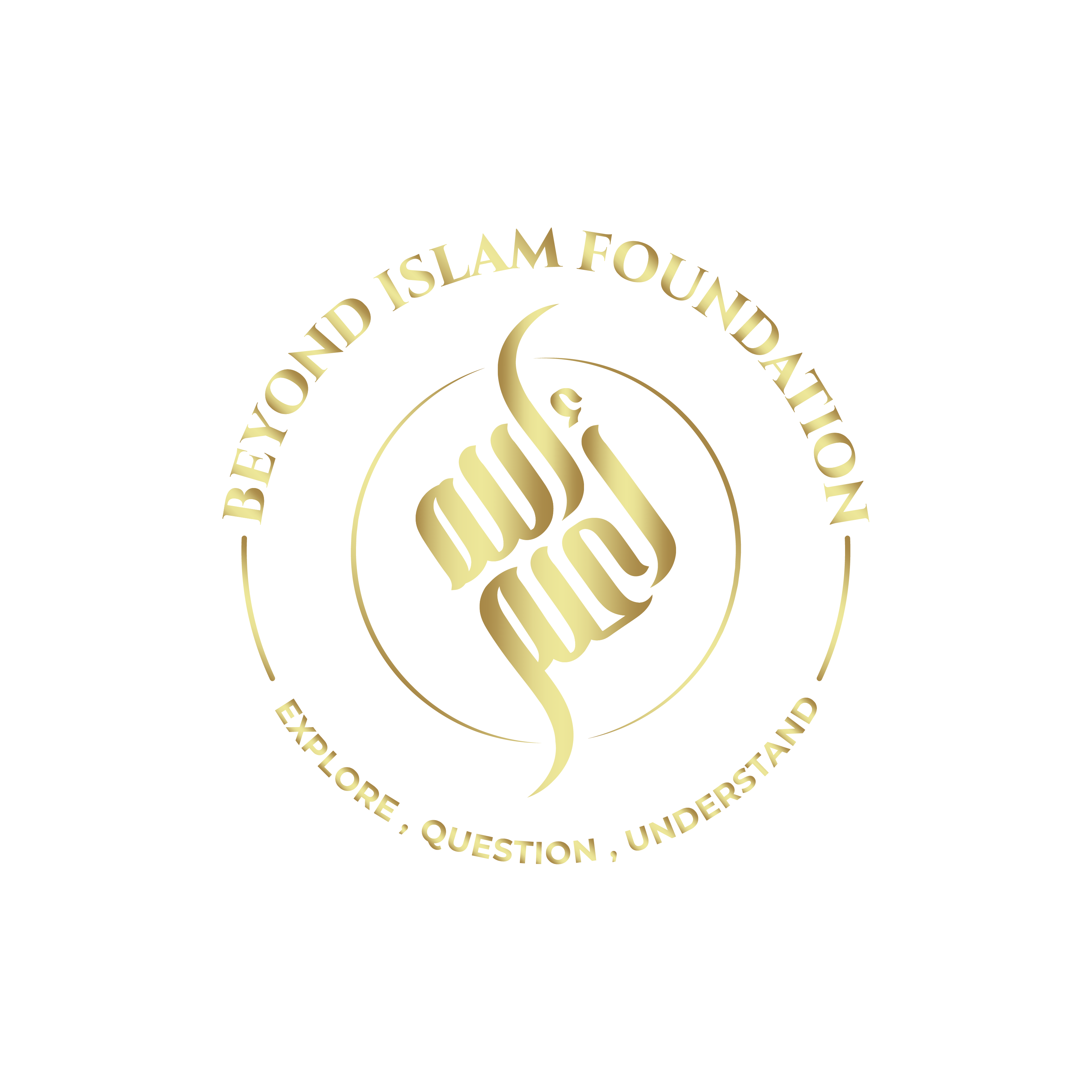Introduction: The Family as the Foundation of Society
📖 “And among His signs is that He created for you spouses from among yourselves that you may find tranquility in them, and He placed between you love and mercy. Indeed, in that are signs for a people who reflect.” (Qur’an 30:21)
The Qur’an presents a social structure built on justice, cooperation, and compassion, with the family at its core. While modern trends emphasize individualism, fostering personal growth and independence, the Qur’anic model ensures that relationships—whether within the family or society—are rooted in duty, mutual care, and accountability, striking a balance between self-improvement and communal responsibility.
This article explores the fundamental principles of social organization, family dynamics, and communal responsibilities as outlined in the Qur’an, highlighting how these values contribute to a stable and thriving society.

1. The Importance of the Family Unit
📖 “And We have enjoined upon man [care] for his parents. His mother carried him, [increasing her] in weakness upon weakness, and his weaning is in two years. Be grateful to Me and to your parents; to Me is the [final] destination.” (Qur’an 31:14)
📖 “Wealth and children are [but] adornment of the worldly life. But the enduring good deeds are better to your Lord for reward and better for [one’s] hope.” (Qur’an 18:46)
Key Observations:
- The family is a fundamental pillar of society, ensuring stability and moral upbringing.
- Parent-child relationships must be built on gratitude, care, and responsibility.
- While wealth and children are blessings, true success lies in righteous actions.
The Qur’an emphasizes the sacred duty of maintaining strong family ties, where respect, gratitude, and care are central values. Strong family ties contribute to societal well-being by fostering emotional stability, social support, and moral upbringing. Studies show that communities with strong familial bonds experience lower crime rates, better mental health, and higher social cohesion.
2. Marriage as a Bond of Love and Responsibility
📖 “They are a garment for you, and you are a garment for them.” (Qur’an 2:187)
📖 “Live with them in kindness. For if you dislike them—perhaps you dislike something in which Allah has placed much good.” (Qur’an 4:19)
Key Observations:
- Marriage is a partnership based on mutual love, respect, and protection.
- Spouses are meant to support and nurture each other emotionally and spiritually.
- Kindness and patience in marriage are essential, even in times of disagreement.
The Qur’anic vision of marriage goes beyond legal contracts; it fosters companionship, trust, and shared responsibility.
3. Responsibility Toward Parents and Elders
📖 “And lower to them the wing of humility out of mercy and say, ‘My Lord, have mercy upon them as they brought me up [when I was] small.'” (Qur’an 17:24)
📖 “And do good to parents, relatives, orphans, the needy, the near neighbor, the distant neighbor, the companion at your side, the traveler, and those whom your right hands possess. Indeed, Allah does not like those who are self-deluding and boastful.” (Qur’an 4:36)
Key Observations:
- Respect and care for parents are essential duties in Islam.
- The elderly and vulnerable members of society should be treated with kindness and honor.
- Compassion extends beyond family to neighbors and the wider community.
A Qur’an-based society ensures that no one is neglected, promoting a culture of care and collective responsibility.
4. Upholding Justice and Social Responsibility
📖 “Indeed, Allah commands justice, excellence, and giving to relatives, and forbids immorality, wrongdoing, and oppression. He admonishes you so that you may take heed.” (Qur’an 16:90)
📖 “O you who believe! Stand out firmly for Allah as witnesses in justice, and do not let hatred of a people prevent you from being just. Be just; that is nearer to righteousness.” (Qur’an 5:8)
Key Observations:
- Justice is the foundation of social harmony and must be upheld in all circumstances.
- Social responsibility includes caring for the weak, giving to the needy, and maintaining fairness.
- Even in conflict, justice must remain the guiding principle.
The Qur’anic framework establishes a fair and just society where the rights of all individuals are respected and protected.
5. Brotherhood and Unity in Society
📖 “Indeed, the believers are but brothers. So make peace between your brothers and fear Allah that you may receive mercy.” (Qur’an 49:10)
📖 “Hold firmly to the rope of Allah all together and do not become divided.” (Qur’an 3:103)
Key Observations:
- A strong society is built on unity, not division.
- Believers are brothers and sisters who must support and reconcile with each other.
- Sectarianism and disunity go against Qur’anic teachings.
By promoting unity and rejecting division, the Qur’anic model ensures that society remains cohesive and resilient. Historical examples include the unity of the early Muslim community in Medina, which successfully established a multi-ethnic and cooperative society based on justice and mutual support. In contemporary times, nations and communities that prioritize social cohesion over division tend to experience greater stability, economic growth, and collective well-being.
6. The Qur’anic Alternative to Individualism and Social Decay
📖 “And cooperate in righteousness and piety, but do not cooperate in sin and aggression. And fear Allah; indeed, Allah is severe in penalty.” (Qur’an 5:2)
Key Observations:
- The Qur’an advocates for collective responsibility and mutual cooperation.
- Individualism that neglects social obligations weakens communities.
- A balanced society nurtures both personal growth and collective well-being.
Unlike modern trends that often emphasize self-interest, the Qur’anic model fosters a society where individuals balance personal well-being with communal responsibility, ensuring that both individual growth and collective welfare are prioritized.
Conclusion: Building a Qur’anic Society Through Strong Families and Social Unity
The Qur’an presents a social structure rooted in family values, justice, and mutual care. It emphasizes responsibility toward parents, spouses, and the wider community, ensuring that compassion and justice shape human relationships.
Are you ready to strengthen your family and community according to Qur’anic principles? Start by showing daily gratitude and kindness to your family members, engaging in community service, and resolving conflicts with patience and justice. Encourage open dialogue in your household, support those in need, and practice fairness in all your interactions. A strong society begins with conscious, meaningful actions at home and within your community. Begin by fostering love and responsibility within your household, supporting those in need, and upholding justice in all your dealings. A strong society starts with strong families.
